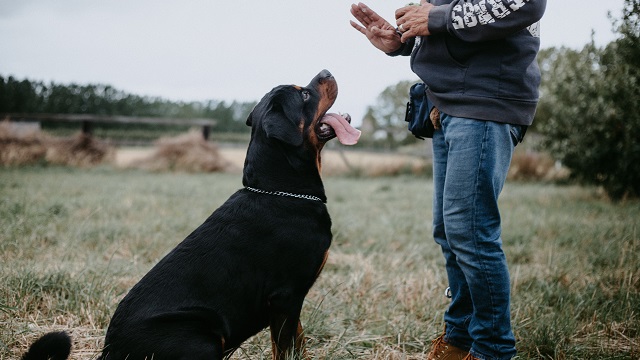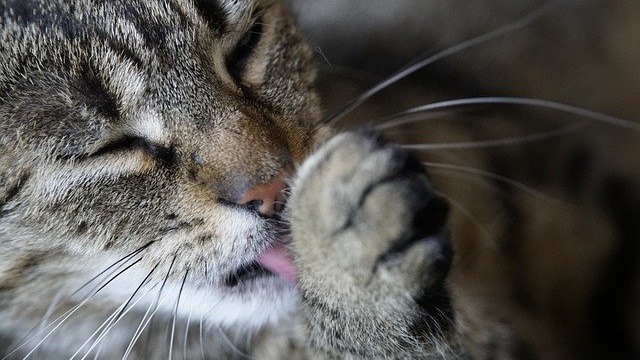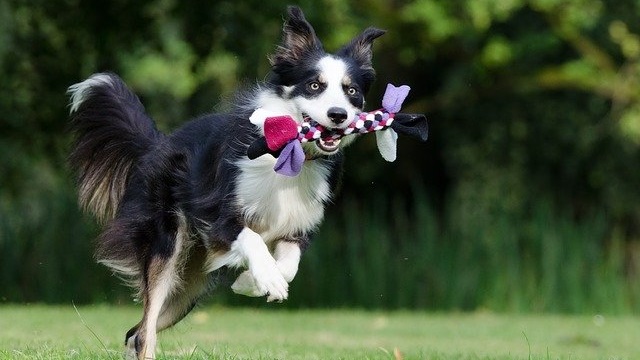As pet parents, we often see the best qualities in our beloved fluffs and brush aside the questionable behaviors! I’m as guilty of it as anyone, but in some cases, our pups’ behavior needs fixing – for their own sake! Common dog behavior problems are often rooted in anxiety or learned behavior. Our pups don’t know any different, so it’s up to us to lovingly teach them better ways of behaving!
Here are some common behaviors that should be addressed as soon as possible.
Separation Anxiety
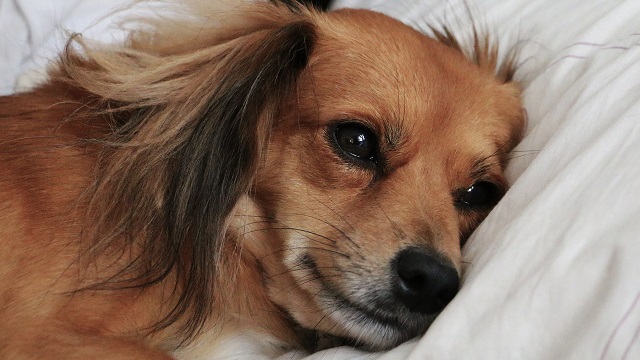
Our pups love us as much as we do them, and they can get stressed when the person they’re attached to leaves. This is quite common in rescue dogs, but can happen with any pup!
It can be a difficult thing to get a handle on. If you live alone, you may not even realize your dog is struggling with this while you’re away. There are some telltale signs, though. If you’re coming home to holes in the garden, chewed up patio furniture, or notes from neighbors complaining about barking, then your fluff may have a separation anxiety problem.
Solution: Make your time away as easy on your pup as possible. Leave them with a shirt that smells like you. Leaving the radio on can make them feel less alone. A chew toy is a great way to help ease anxiety.
Jumping on People
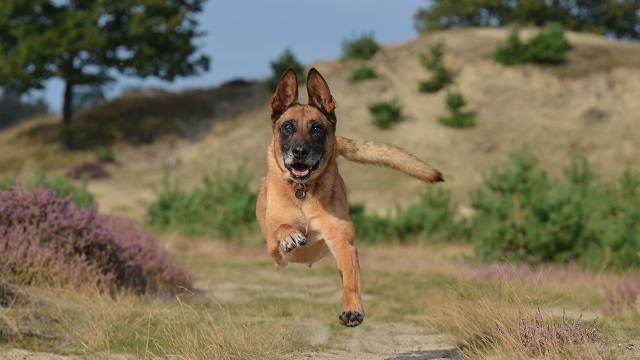
As is the case with other dog behavior problems, the root of this issue is usually excessive love or excitement! It can become a problem when your large pooch is leaping onto small children or elderly visitors, though.
Even if your pooch is a small breed, jumping up on visitors should be discouraged, for the sake of your guests (some of whom may be afraid of dogs) and your pup.
Solution: Turn away when your pup jumps up, and ask visitors to do the same. Train him to sit, and give him a treat, cuddles, and praise when he obeys!
Going in the House
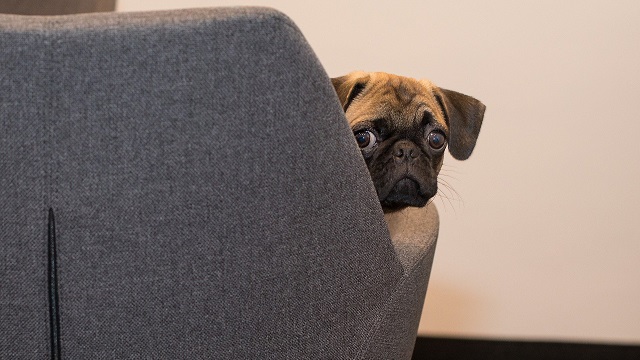
Yes – by this, I mean pooping. If your puppy is doing this, it’s because they know no better. You’ll need to train them to either poop outside or in a crate.
If your adult dog has suddenly started going in the house, it’s an indication of a deeper problem. Has something changed that has sparked some anxiety in your dog? It could be that they’re suffering from separation anxiety, their environment has changed (like moving house), or something is stressing them out.
If these aren’t likely causes, a trip to the vet may be a good idea to exclude medical reasons.
Solution: If training is NOT the issue, then you’ll need to figure out what is. Address that problem, and your pooch should be okay to go outside again. Make sure that your pup does get enough opportunity to go outside, too.
Lack of Bite Control
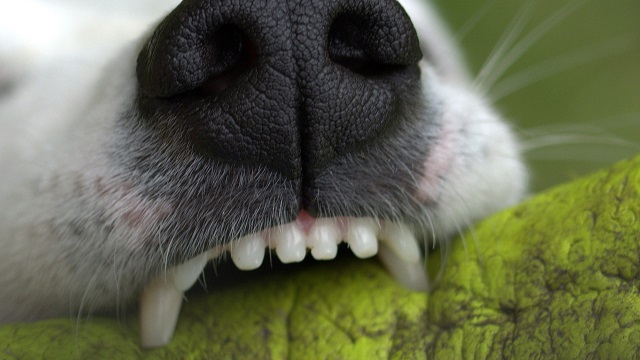
Dogs bite for many reasons, but it’s mostly for self-defense or protection. When they’re playing, though, they can accidentally bite a little hard.
This is usually due to excitement, but teaching your dog bite inhibition is essential for both their safety and the humans around them.
Solution: Don’t yell at your dog! He most likely doesn’t know what he’s done wrong. Instead, when he chews on you a bit too hard, let out a high-pitched yelp. Speak to his language! When he stops, give him pats and praise, or a treat. Positive reinforcement is the way to go.
If this doesn’t work, put him in a “time out” for a few minutes following his nipping. Ignore him for a while and he’ll soon realize that if he bites, he gets ignored. I only recommend this if the yapping and positive reinforcement doesn’t work, though.
Guarding Food or Toys
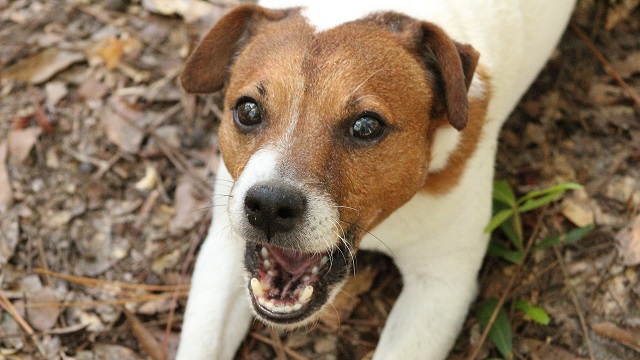
This is a habit commonly seen in rescue dogs, but that doesn’t mean it won’t happen in others. If your dog gets aggressive when food is nearby, this behavior needs to be nipped in the bud, before someone else gets… Nipped in the bud!
While this isn’t really a problem while your pup is eating, it could become an issue when your dog doesn’t want to eat and begins guarding their leftovers, or if there’s a toy nearby that they feel protective over.
Solution: There isn’t really a quick fix. Slowly move closer to your dog while she is eating or guarding, halting when she displays aggression. Get her used to you being there, and when she’s comfortable, move a little closer again. This needs to be done over a period of time.
Dog Behavior Problems – Conclusion
Some dog behaviors can be detrimental or dangerous – not only to the humans around but to the pups themselves. Making an effort to fix these issues early is a good idea, to prevent bigger problems down the line.
Remember – love and positive reinforcement is always the best way to do it!
Article written by Mike Powell, Editor-in-Chief at DogEmbassy



